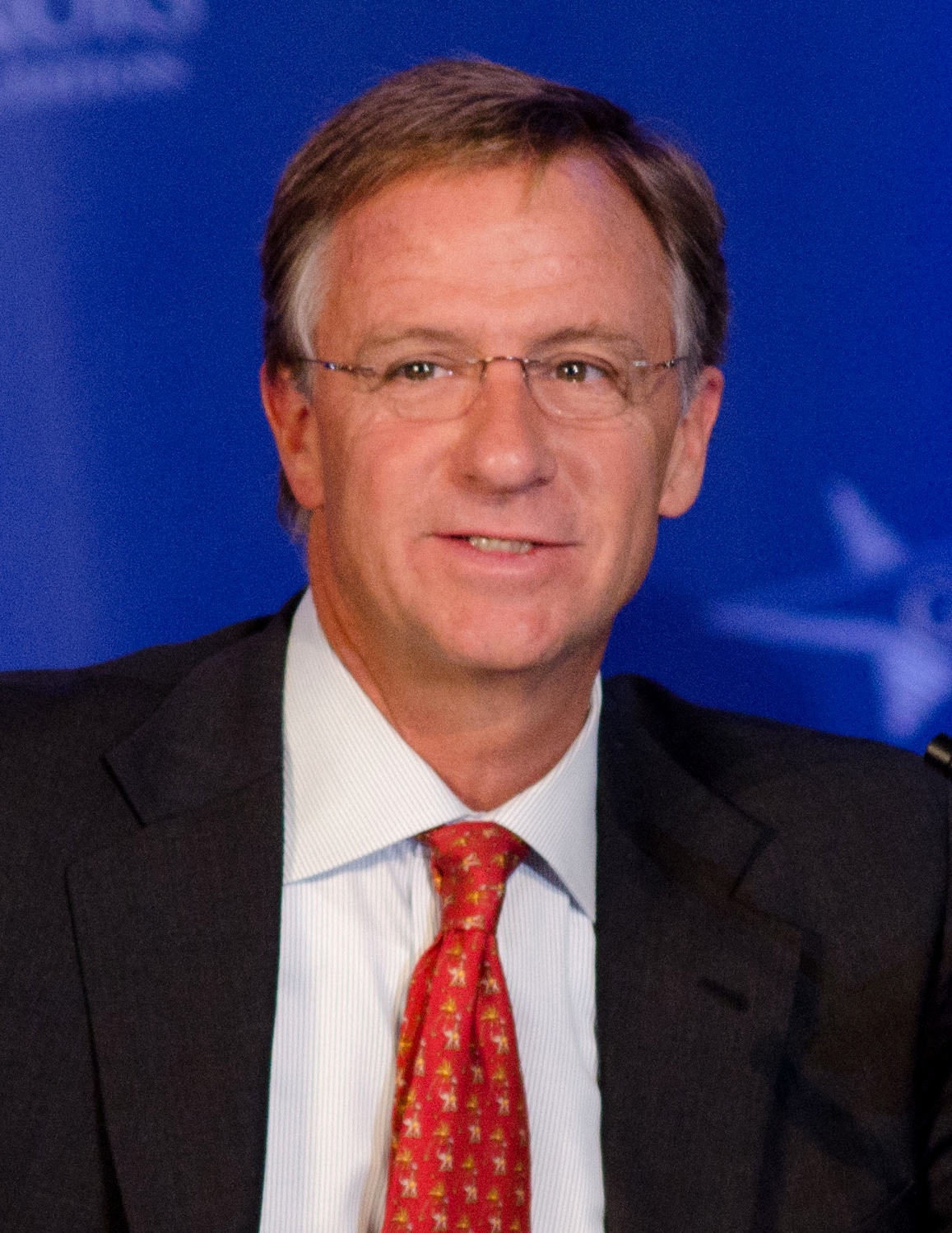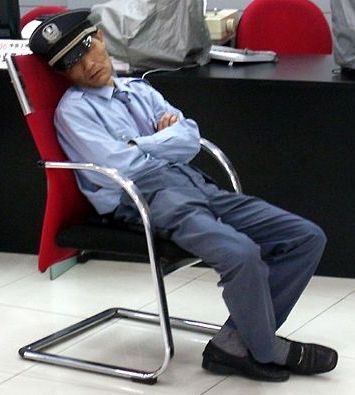University of Tennessee-Knoxville’s “frackademia” program proposal – set to transform UT‘s Institute of Agriculture into a de facto fracking land leasing agency – has been put to rest for now, according to The Tennesseean. In short: the university’s premiere leasing proposal for acreage didn’t recieve a single bid.
UT-Knoxville’s proposed program – as revealed in a DeSmogBlog investigation – intended to research wells fracked on 8,600 acres of Cumberland Forest land owned by UT that sits on top of the Chattanooga Shale basin. UT-Knoxville would lease the acreage off to Big Oil under the nullified plan.
The proposal called for an initial fee of $300,000 paid by companies interested in fracking, an additional $300,000 per year, 15-percent royalties on any gas sold and a minimum of $35 per acre paid to UT-Knoxville.
“It would create a rare, controlled environment in which experts could study the environmental impact of the controversial drilling technique, while also generating revenue to finance research,” explained a March 2013 New York Times article on the proposal.
For now, the “controlled environment” conception serves as merely a prologue, its future at UT-Knoxville – if any at all – still undetermined.
“At this point, I am unsure of the next steps, if any,” Kevin Hoyt, Director of UT‘s Forest Resources AgResearch and Education Center – which manages the Cumberland Forest – said in a press statement. “Those decisions will be up to UT Institute of Agriculture leadership.”
It might also be up to other key important players, too: the Haslam family.
Haslam Family Connections to Fracking
Republican Governor Bill Haslam – the former Mayor of Knoxville – took $398,110 from Big Oil before his Nov. 2010 gubernatorial race victory.

Tennessee GOP Gov. Bill Haslam; Photo Credit: Wikimedia Commons
Further, the Haslam family owns Pilot Flying J truck fueling stations, a corporation for which Bill Haslem used to serve as president and currently owned by Bill’s brother, Jimmy. It’s currently the 6th most profitable corporation in the U.S., earning over $29 billion in 2012.
Pilot Flying J also has 63 of its stations nationwide retrofitted with natural gas pumps for 18-wheelers owned by T. Boone Pickens’ Clean Energy Fuels Corporation (CEF) as part of CEF‘s “America’s Natural Gas Highway.” Some perspective: CEF currently has 67 U.S. fueling stations in total.

T. Boone Pickens; Photo Credit: David Shankbone | Wikimedia Commons
By the end of this year – an EcoWatch article explains – Pilot Flying J “plan[s] to have 100 truck stops capable of fueling 18-wheelers with…natural gas.”
Bill Haslam’s father and Pilot founder, Jim Haslem – a co-chair of Republican presidential candidate Mitt Romney’s Tennessee campaign and former member of the UT-Knoxville Board of Trustees – gave a $32.5 million donation to UT-Knoxville in 2006. It was the largest ever private donation to the university from an individual.
Icing on the cake: Bill Haslam Chairs UT-Knoxville’s Board of Trustees, overseer of UT‘s fundraising efforts.
It remains to be seen whether fracking on UT-Knoxville’s land will morph into a centerpiece of the university’s funding drives – led by Gov. Bill Haslam – going forward. For now, the Cumberland Forest lives another day unfracked.
Photo Credit: Wikimedia Commons
Subscribe to our newsletter
Stay up to date with DeSmog news and alerts






